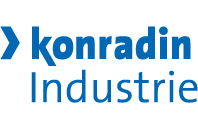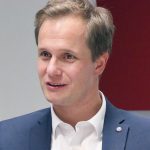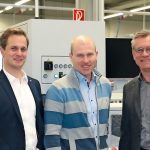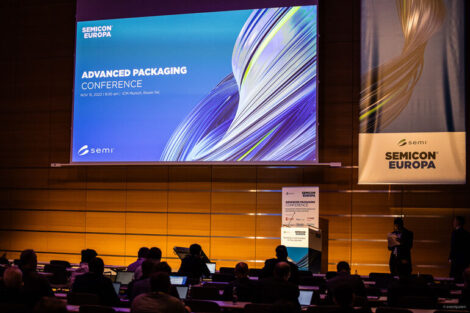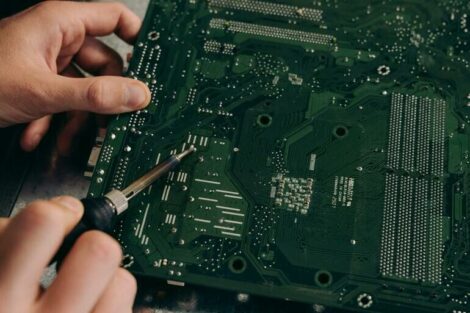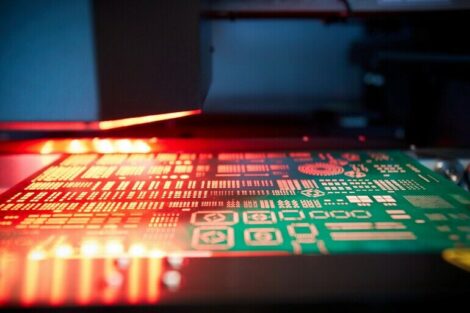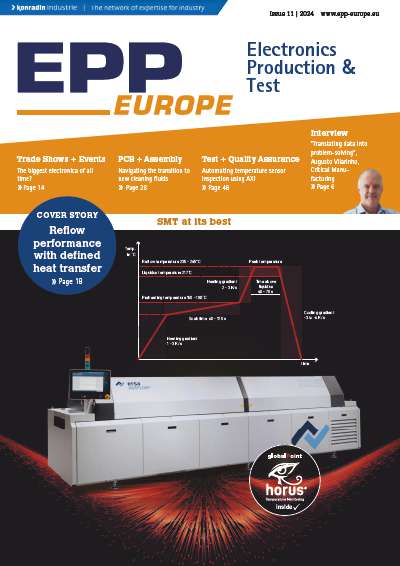Founded in 1992, the Belgium company, IPTE Factory Automation, is now located worldwide, with offices throughout Europe, Americas, as well as Asia, with over 800 employees. With three main business units, the company focuses on the entire process, which includes systems, assembly, and test as the main points for a factory automation. Within this, quality, customer satisfaction, and on-time delivery are key factors that the company follows with a passion. Wolf Erdmann, Managing Director, spoke to Charlene Hesse, Online editor EPP Europe, about the company’s current stance in the market, as well as, their plans and aspirations. He emphasized how important it is for the company to build a rapport with customers to fully meet their requirements. This means to stay connected, not only throughout the process of the project, but afterwards as well. Current and future trends were also thoroughly discussed, which gave an insight to where the company stands and what they will be focusing on in the future.
Mr. Erdmann, can you please introduce IPTE and explain key factors about the company?
First, I would like to introduce our portfolio of products and competences, which is positioned within three main categories: Test solutions, assembly technology, and systems. In the field of test solutions, we are a key technology provider for customers test applications. Additionally, we include this competence in areas of other business units. Assembly technology is mainly based on customer specific projects, where we develop and provide complete turnkey solutions based on the request. The third business unit, systems, includes high tech standard processes for the electronic production, such as depaneling, high speed pressing, as well as flexible pressing applications. To round it up, we integrate the standard board handling equipment that is produced at the headquarters in Genk, together with our standard processes, such as laser marking, laser welding, just to mention a few. These competences and our global footprint enable us to be one of the key suppliers for electronic manufacturing and test, as well as turnkey solution provider to our customers.
What are some of the company’s most recent projects?
We recently finished off a big project for one of our key customers in the area of radar technology. On top of this, we are working with other customers on projects for the electrical test of batteries. A main driving factor besides the new technologies is the router business, where we have been able to win benchmarks on a global scale. Our state-of-the-art technology, which also includes solutions for Industry 4.0, is very successful and well accepted by our customers. Furthermore, we are driving internal improvement processes. These actions are targeting continuous improvements for efficiency, quality, and service to our customers. A good example is how we consolidated our three business units in one location here at IPTE Germany in Heroldsberg, in the region of Nuremberg. This offers us more flexibility in our daily operations, leading to optimized lead time to our customers.
Being active in both European and American markets, do you see any differences between the two?
We have to say that on one hand each entity is acting independently. But on the operational side, we base our doing on sharing knowledge and capacity on a global scale. This offers us the opportunity to support our customers “local for local”, if this is requested. Each country is driven also by intercultural topics. Offering local support and on the other hand having the close internal network, we can work out the best solution for our customers wherever they are located.
Customer service is important to IPTE, as you are available 24/7. Do you do this for all customers?
Absolutely, we offer a hotline service to our customers. How we set up the service depends mainly on the location and the situation, to ensure the best possible support to our customers. For special machines, it does get a bit more complex to have the required knowledge at all locations. In such cases, we have service contracts with customers. Within these contracts, we define the best possible solution based on the requirements. It is not only important for us, but also for our clients, since they need to operate 24/7. A downtime on a production line or a machine is just not acceptable.
What is the company looking forward to in the next 3–5 years?
In the last few months, we have finished the restructuring of IPTE Germany. Flexibility is driving our markets and due to this, it also needs to be reflected in our organization. The organization has been set up for further growth, as well as trends that are driving our business.
Besides this, we are looking for the cooperation within the IPTE Group, to also ensure our global leadership in the future.
Have trends, such as e-mobility, automation, Industry 4.0, impacted the company?
As pointed out already, it is definitely something our customers are requesting. On the other hand, we see it as a need in order to lead this industry. Our customers are as well very often market leaders. These trends are driving the market and offer a good opportunity to develop further.
With the global presence, we are able to be involved in these trends in each location. Asia is key for e-mobility, as well as, they’ve set up the Chinese version of Industry 4.0 – China 2025. It is important to understand the trends on each end, analyze and lead them into our daily operations. We already offer products that include many functions, for example predictive maintenance, energy monitoring, self-teaching. E-Mobility is a very important topic to us, as the electronic, as well as, the battery are key for this business. Both include many processes and operations where the company offers products and complete solutions for the operation and test.
In the future, I am personally convinced that the understanding of the trends and reflecting them in your business is key for a long-term success. Is it only Industry 4.0? I am not really sure since I have experienced a lot of different dynamics from the Asian market, including China 2025. But whatever it is, I would say it is already driving the technology today, as well as in the future.
What trends do you see happening in the future, and how will it affect the industry?
We already spoke about the key trends like Industry 4.0 and China 2025. That also includes Big Data, for example. What can already be seen today, the key to our industry, is how you are able to handle the software. The proportion of software in our solutions and in the requests of our customers is constantly growing.
Not only is the machine, service and support leading to decisions of our customer. The software solution, how fast we are able to integrate to other systems, MES for example, has also become a focus for our customers. Understanding this need, setting up the organization according to these requirements will affect our organizations at least as much as the recognition of good mechanical solutions.
Are you following trends as a company? Can you see IPTE doing something more?
As a company, we are part of setting these trends. But it’s also different, since some trends haven’t reached Europe, yet. For instance, if you look at electric vehicles, I would say there is much more that we can still do. IPTE is involved in projects for electric batteries. What is important though is since we are experts in the electronics, assembly, test, and manufacturing, these trends always come back to us. It’s directly affecting us and puts us in the middle of these trends. There are areas of these trends that we are still in the process of investigating, for example, how to be more prominent. This is something we definitely need to continue to look into, to best position ourselves for this future market.
Not even 10 years ago, I was told that on average, a car has about 90 electrical control units built into it, which included air bags, automatic windows, etc. Although I haven’t seen the latest statistics, if you add electric motors, automatic distance control or other state of the art functions on top of this, now a days, control units must have at least doubled. To sum it up, these trends are not only driving the automotive business sector. We are lucky to say that due to the fact that we understand these trends, we can use them in all different industry segments. We are working together with our customers on a global scale.
Thank you very much Mr. Erdmann for taking the time for this interesting interview.
